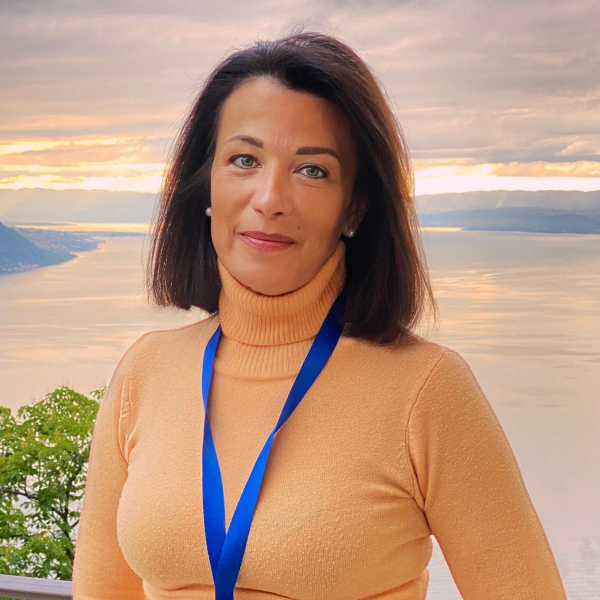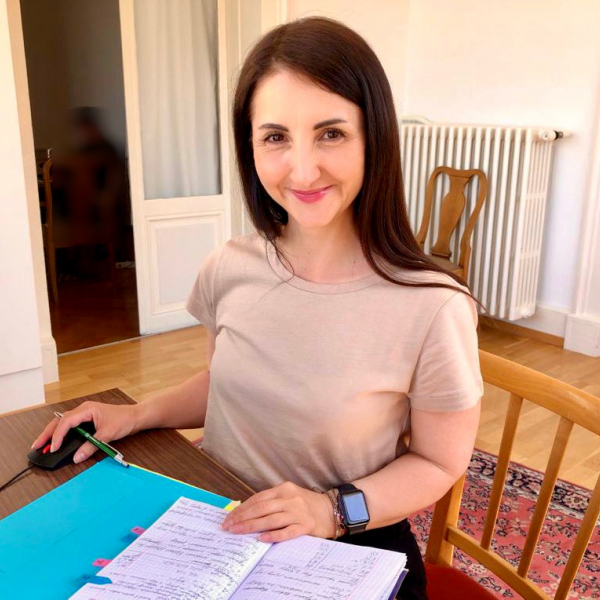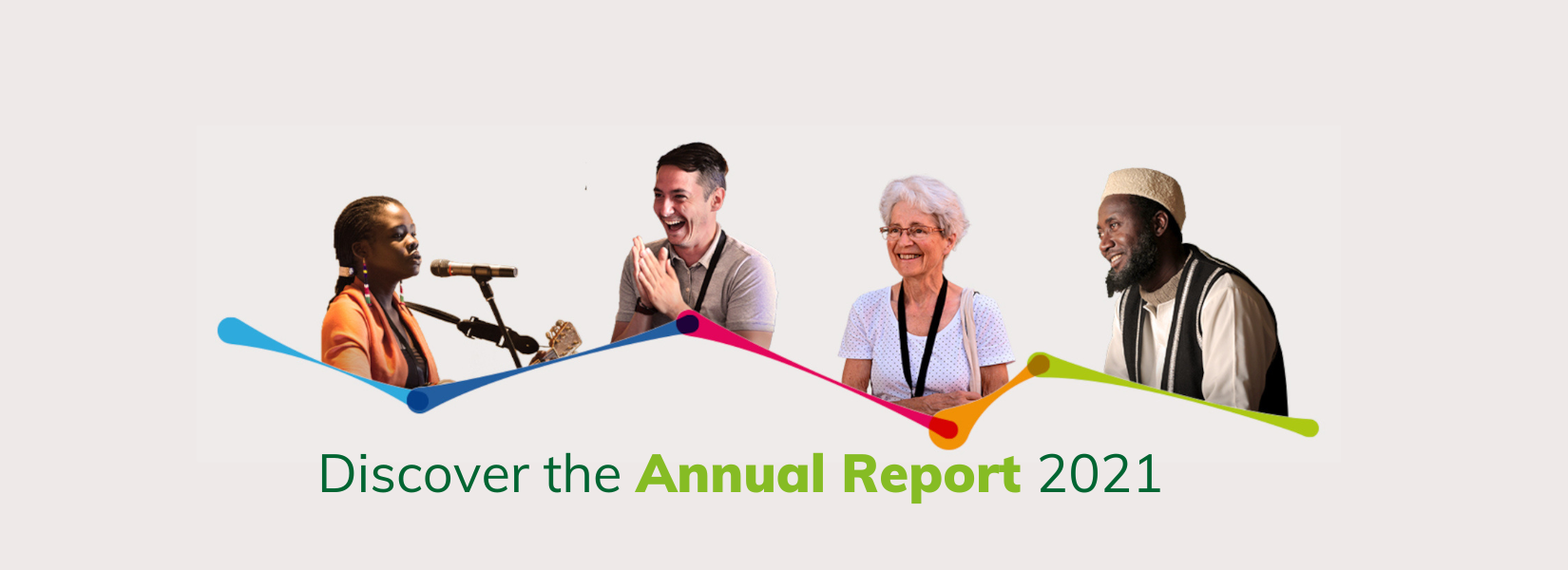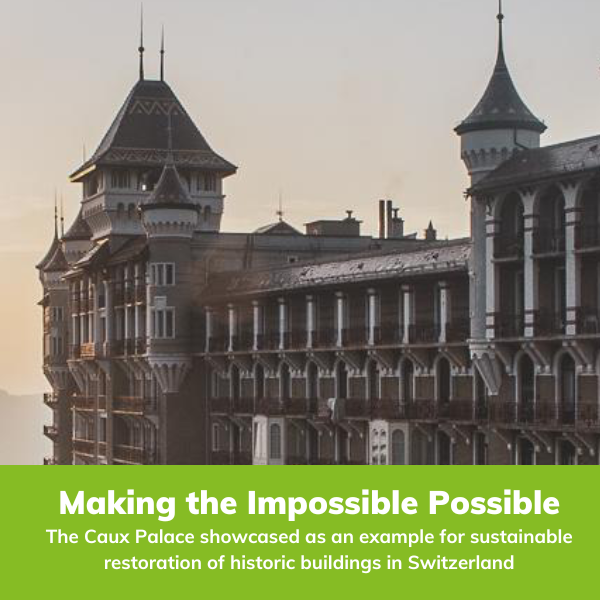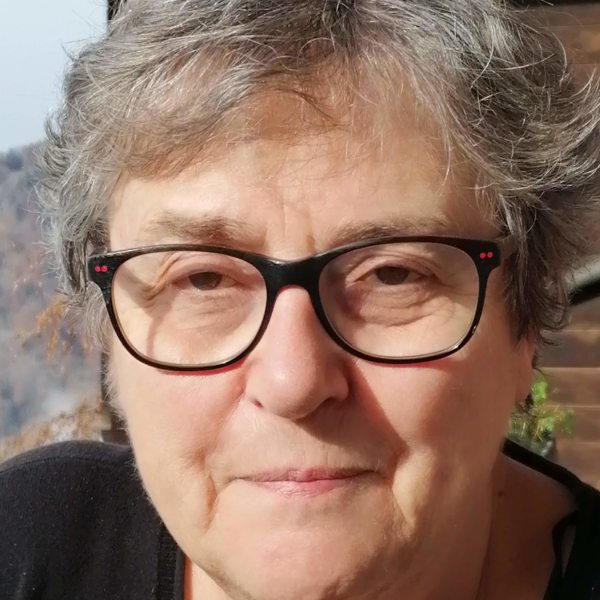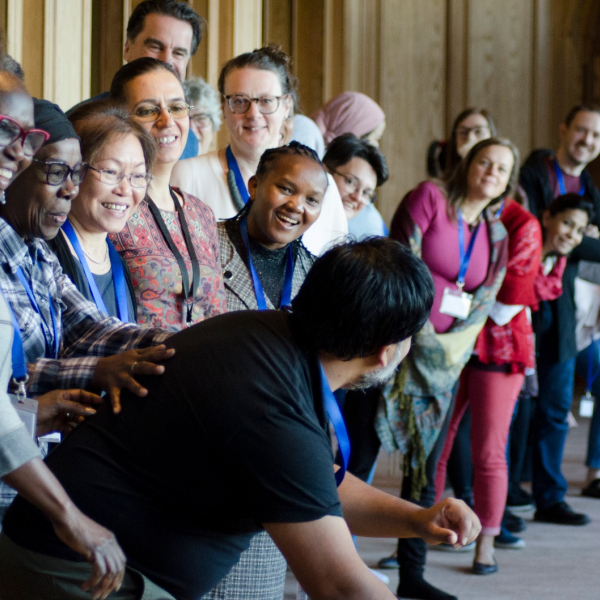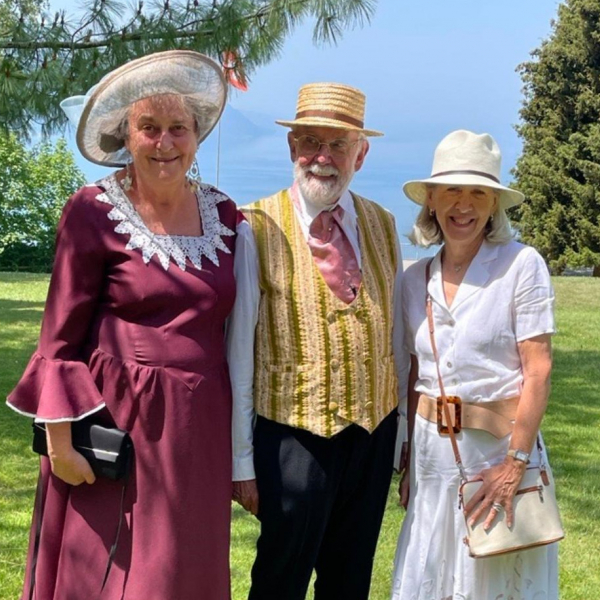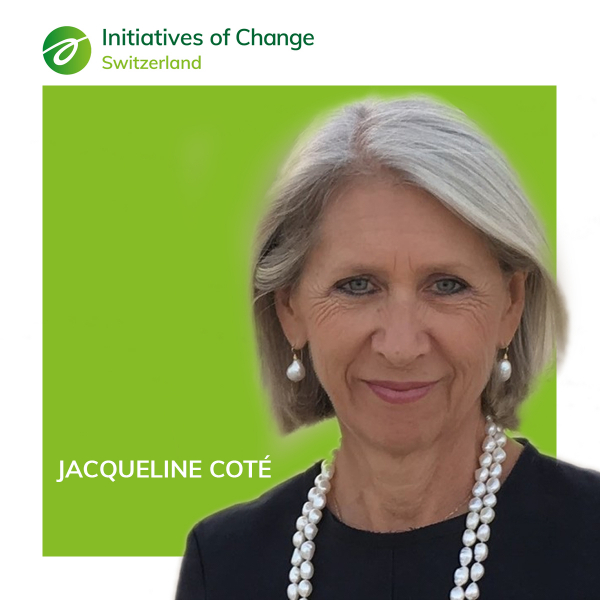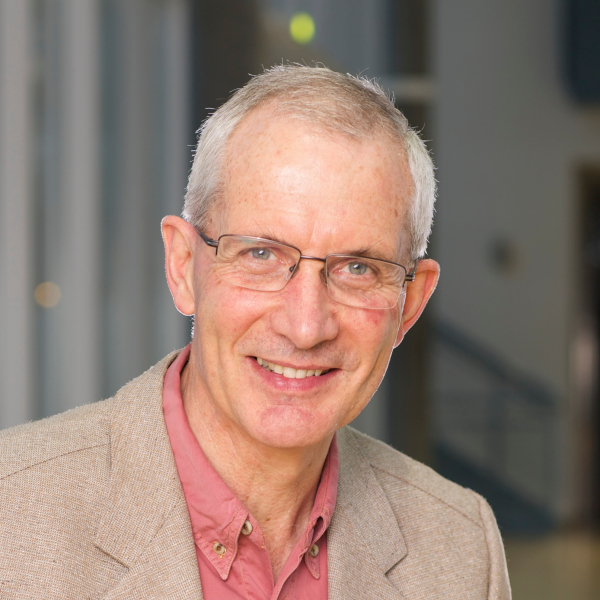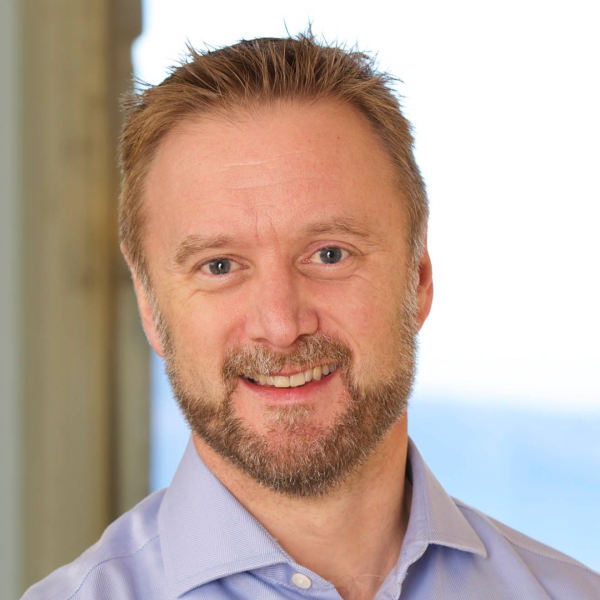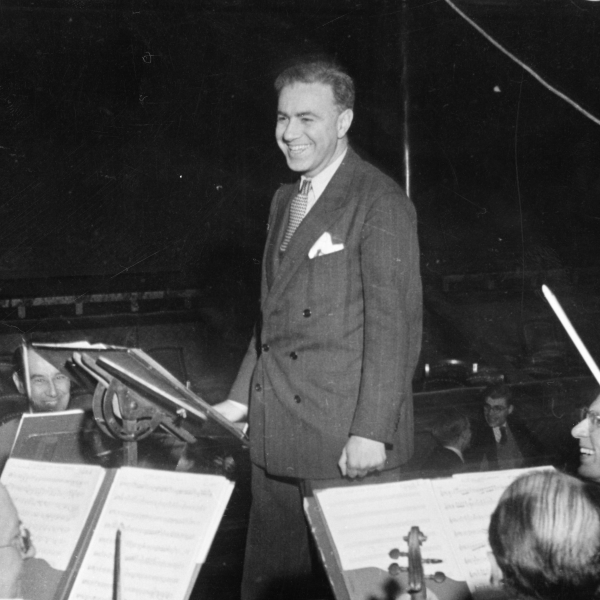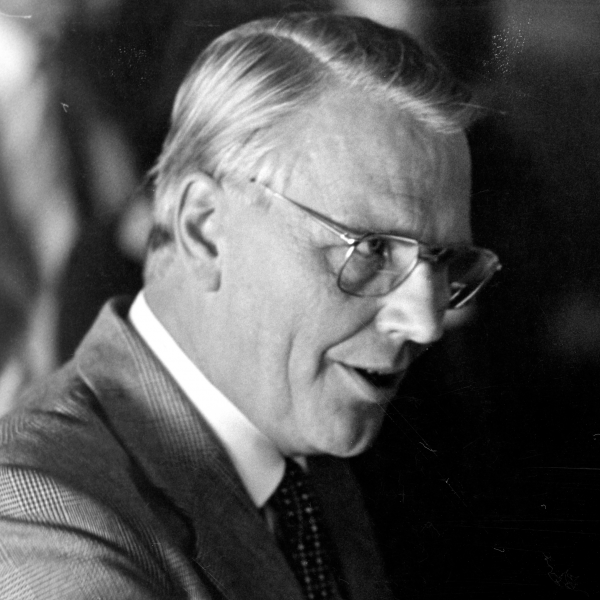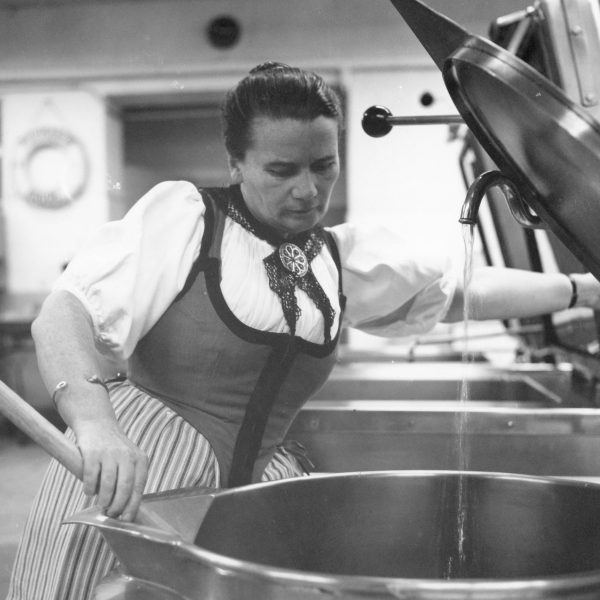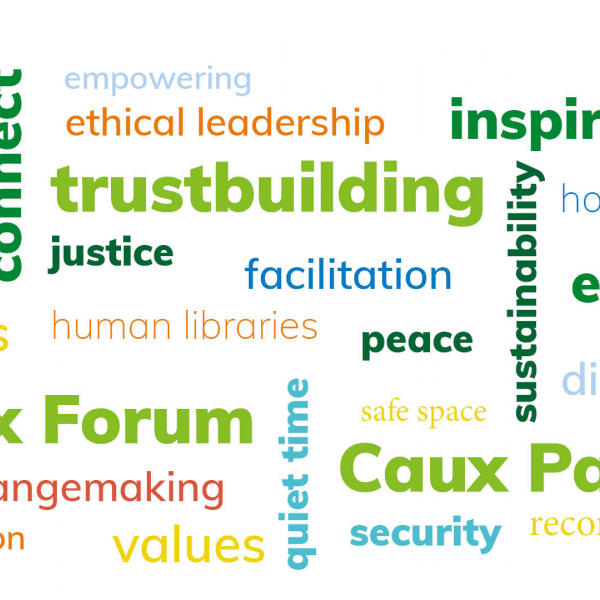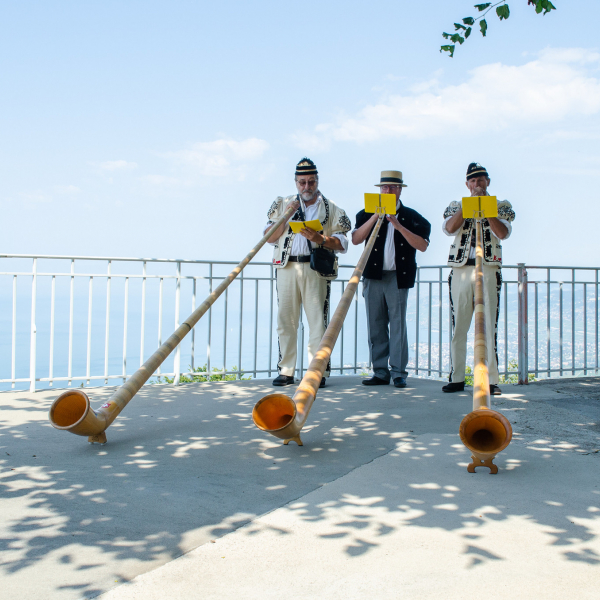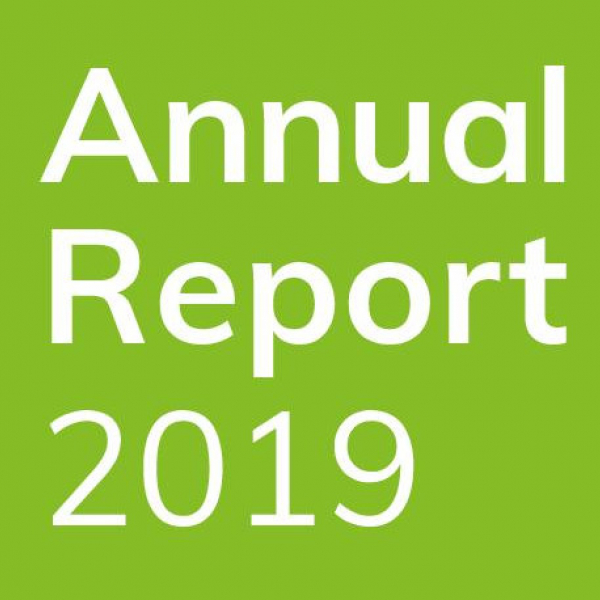'Seemingly small things can bring a lot of good to someone's life.'
A Caux Refuge interview by Anastasia Slyvinska
29/07/2022
This article is the sixth in a series of interviews with people living or working at the Caux Refuge, based at the Caux Conference and Seminar Centre in Switzerland.
_______________________________________________________________________________________________________________________
Since the beginning of the war in Ukraine, millions of displaced people have left their homes in search of a safe space. In an emergency response, Initiatives of Change Switzerland opened the doors of the Caux Conference and Seminar Centre. to offer a refuge and shelter for those impacted by the war.
The Caux Refuge is located at the Villa Maria, right next to the Caux Palace. It currently offers space for up to 30 people and Initiatives of Change Switzerland works closely with local authorities.
Ekaterina Gross has been working as a liaison officer at the Caux Refuge project since April 2022, sharing the position with a collague. Here she reflects on her mission on supporting the Caux Refuge residents in their new life in Switzerland and what this time means to her.
Ekaterina, you’ve worked with Initiatives of Change Switzerland for three months now. What made you join the Swiss IofC team which helps people who have had to flee Ukraine?
Ekaterina: As I’m half Ukrainian and half Russian, the war in Ukraine had a direct impact on me. When it began I volunteered to help people from Ukraine in Geneva, where I live. I met people and helped them to find a place to stay with local families. At some point, I saw that IofC Switzerland was looking for a liaison manager and decided to join the team. I had read the interview with Alina and her mother Lyudmyla and was very touched by their stories. That was one of the things that made me apply. And I share IofC’s values and approach, so joining the team made total sense for me.
What brought you into social work? Did you always know that you wanted to help people?
Ekaterina: I had already worked in this area at a non-profit organization that cooperated with a centre which helped teenage refugees from Eritrea and Afghanistan here in Switzerland. I was in charge of the project which aimed to integrate them into local society: we organized meetings with local people and teenagers. I also organized events where they could showcase their culture.
This experience taught me how important integration is for people who haven’t chosen to move to a country but have been forced to leave their homes. Particularly at the beginning integration is crucial, so that they can understand the culture, customs and laws of the country they have moved to. And, at the same time, these events are important for local people, to stop them being afraid of meeting newly arrived refugees. Yes, these people have been through difficult times but they are here now and open to integration.
Was this the experience that made you understand that this is your calling?
Ekaterina: This was my first job and it showed me how seemingly small things can bring a lot of good to someone's life. I realized that I have a passion for this work. Motivating people to make their lives better, through sharing my own experience of coming to Switzerland and arranging my life here, makes my work meaningful. I’ve been working in the commercial sphere for the past 10 years, but last year I began to think about coming back to the non-profits where I started my career.
(photo: Olga Fairshina)
What was the turning point?
Ekaterina: It was actually a challenging situation in my own family, before the war in Ukraine started. Social workers helped me at that time. Sometimes it was just a simple conversation, where they listened to me, helped with some paperwork I had to deal with, and gave a piece of advice. When you’re in such a situation you don’t really have the energy to deal with it. Then I thought that I would like to become such a person for other people and return to social work.
What makes the experience at IofC unique for you?
Ekaterina: I came to Switzerland alone to study when I was 20. I have been very lucky during these 12 years because I was surrounded by kind and empathetic people. Sometimes I couldn’t understand why they cared and paid attention to me – they were not my relatives or friends. It wasn’t always easy but I learnt and can transfer some of the knowledge I gained to those who have left Ukraine because of the war.
Of course, it's different because it was my own decision to move to Switzerland. I can see how much harder it is for the Ukrainians than it was for me. They didn’t choose to leave their homeland. They didn’t come here comfortably. They came into the unknown, with no clue of what awaited them and no opportunity to return home. It’s so important for me to show that if they have the will and patience, they will find their place in Swiss society and build a comfortable life.
Do you remember your first meeting with Ukrainians in Caux?
Ekaterina: Of course. It was downstairs in the Villa Maria. To be honest, I felt some fear and anxiety. When I first started volunteering in Geneva most of the people I worked with were mothers with small kids. They were absolutely lost, with no clue as to what they would do next or of how everything works here in Switzerland. I felt their pain, their feeling of emptiness. So when I first arrived at Caux I felt anxious because I didn’t know if I would cope emotionally.
So it was indeed an emotional experience for you?
Ekaterina: Yes, even though my previous experience taught me to separate professional responsibilities from emotions. But when people are so close to you culturally and mentally, it’s much more difficult. So I was worried that I wouldn't be able to cope. Being empathetic to the pain of others and being effective in helping them is challenging. But when I met everyone this fear vanished and was replaced by the feeling that I’m home, surrounded by family.
Has this time in Caux been transformative for you in any way?
Ekaterina: Yes, because with IofC Switzerland and the Ukrainians I feel as if I am in a family. I come from a very big family, and the atmosphere in Caux reminds me of it. There is love and care but we can’t avoid some misunderstandings and minor conflicts. I also became more responsible because I saw how small acts of kindness or firm advice to not overstep the limits within Swiss customs can really impact someone's life. The feeling of being valued and doing something meaningful is a profoundly transformative experience.
What is the most challenging thing in your work at the moment?
Ekaterina: You know, I feel so much in the right place that I haven’t felt like that for a long time. But having enough time for all the administrative work is challenging! (laughs)
And what is most rewarding?
Ekaterina: When I see that everyone is putting their energy into something productive. When someone finds a job, a small project, an educational activity like French language courses or even a new hobby here in Switzerland. That is very inspiring. And it is amazing to see people start smiling, communicating and making friends with local people in Caux. It’s a huge transformation for such a short period of time. I couldn’t wish for more.
About the author
Anastasia Slyvinska is a journalist from Kyiv, Ukraine. She has worked as a TV host, a foreign reporter and a manager for media outlets in Ukraine and abroad. Having worked at both Ukrainian and Canadian Parliaments she combines her media expertise with her political sciences background, holding a MA in Political Science. Anastasia has been part of the IofC community since 2014 when she first participated at the conference Just Governance for Human Security. She is currently living in Lausanne, Switzerland.
YOU CAN HELP!
As our own sources of funding are running out, we need your help to support the Caux Refuge project financially. We need CHF 20,000 to ensure that the group can be hosted until the end of 2022. We will use these funds to finance food aid and other costs related to the group's stay at the Villa Maria in Caux.
We thank you for your support. Please pledge your support here and specify “Caux Refuge” when making your contribution. If you have any proposals and questions, please get in touch with us.

Please note that the opinions expressed in these articles are those of the interviewees and not do not necessarily reflect the opinion of the interviewer and Initiatives of Change Switzerland.
Photo top: Corinne J.


